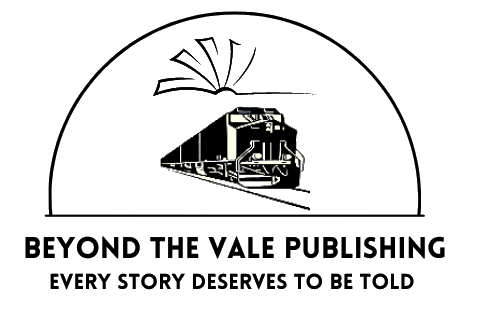Hi Everyone,
I hope you’re all well. Greetings from a sunny and hot Joburg. Self-publishing is all about the writing, so today we have a writing tip. But first…
The weeks progress
It’s been a busy week here in the Vale. I’ve managed to get to draft 2 of book 5 of the Puzzle Train series – Puzzle Mansion – but not as much as I would have hoped. But still, 4 chapters are now reviewed and changed.
This weeks topic – is about adverbs. Adverbs are generally thought to be a writing no-no – let’s find out why.
Firstly, what is an adverb?
An adverb is a word that modifies or describes another word. It can be used with a verb:
- Without adverb – she ran
- With adverb – she ran quickly
An adjective:
- Without adverb – he was large
- With adverb – he was very large
Or a whole sentence:
- Without adverb – I had an umbrella
- With adverb – luckily, I had an umbrella
Many adverbs end in ‘ly’.
Common use:
One of the most common uses is to modify the verb, said, for example:
He said, angrily.
She said, suspiciously.
So why don’t some people like them?
Overuse adverbs, is considered as lazy cluttered writing and are often unnecessary when a good verb is selected. They can often slow down the pace of your script and don’t always assist in getting your message across to the reader.
Many times, they go against the old adage of “show don’t tell”.
For example –
- With adverb – he said angrily.
- Without adverb – he slammed his fist on the desk.
- With adverb – luckily, I had an umbrella
- Without adverb – heavy drops of rain fell, I looked at the slate grey sky and opened my umbrella
And finally,
Don’t feel you have to abandon all adverbs, just be aware of their usage. As with most things writing related, balance is the key and all things in moderation.
So everyone, thanks for reading. If you have any self-publishing questions, you can get in touch with me here.

